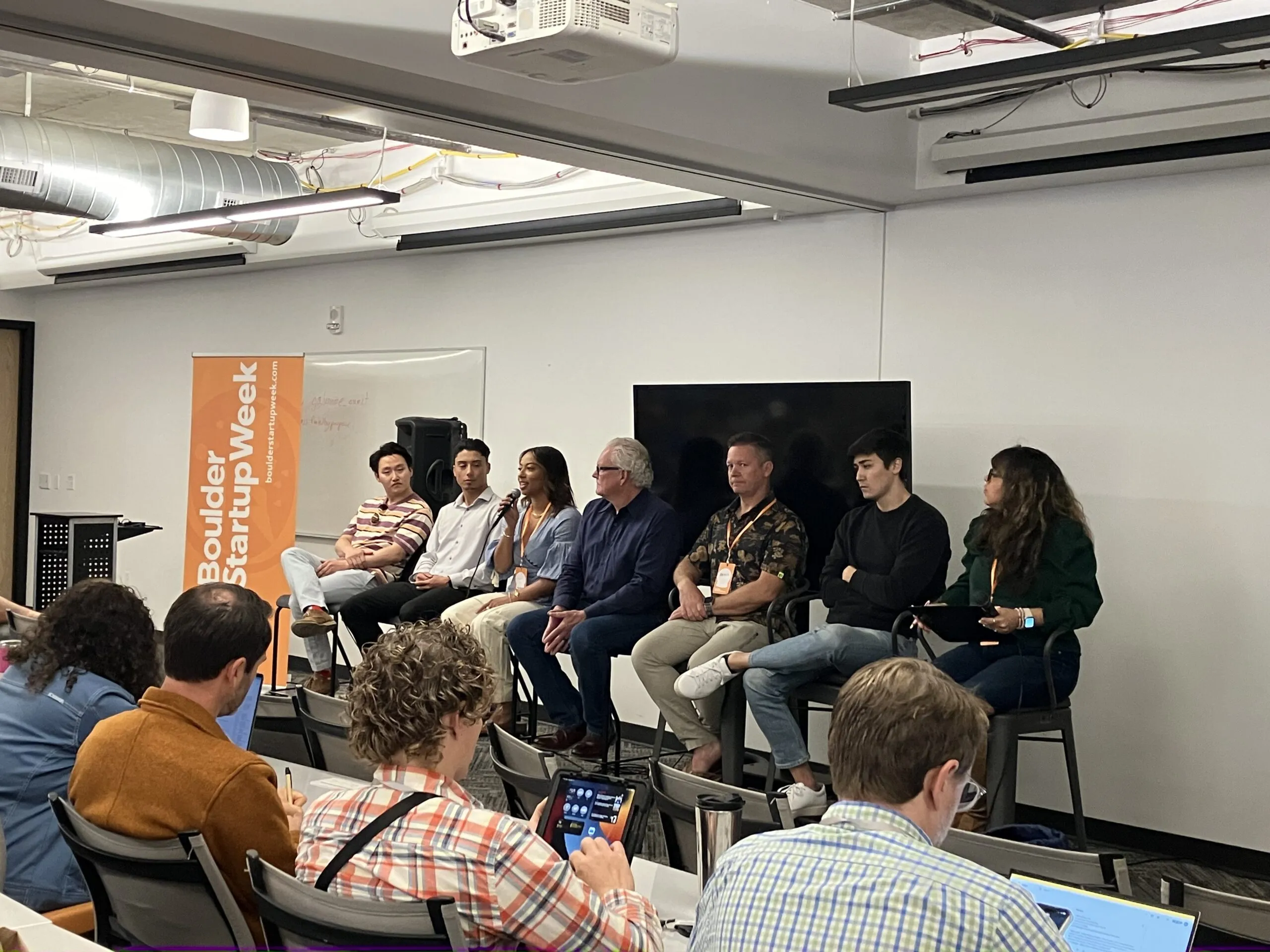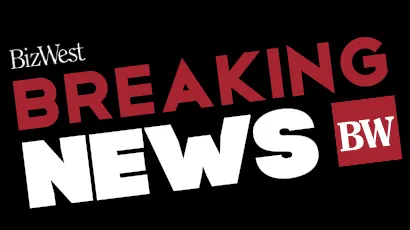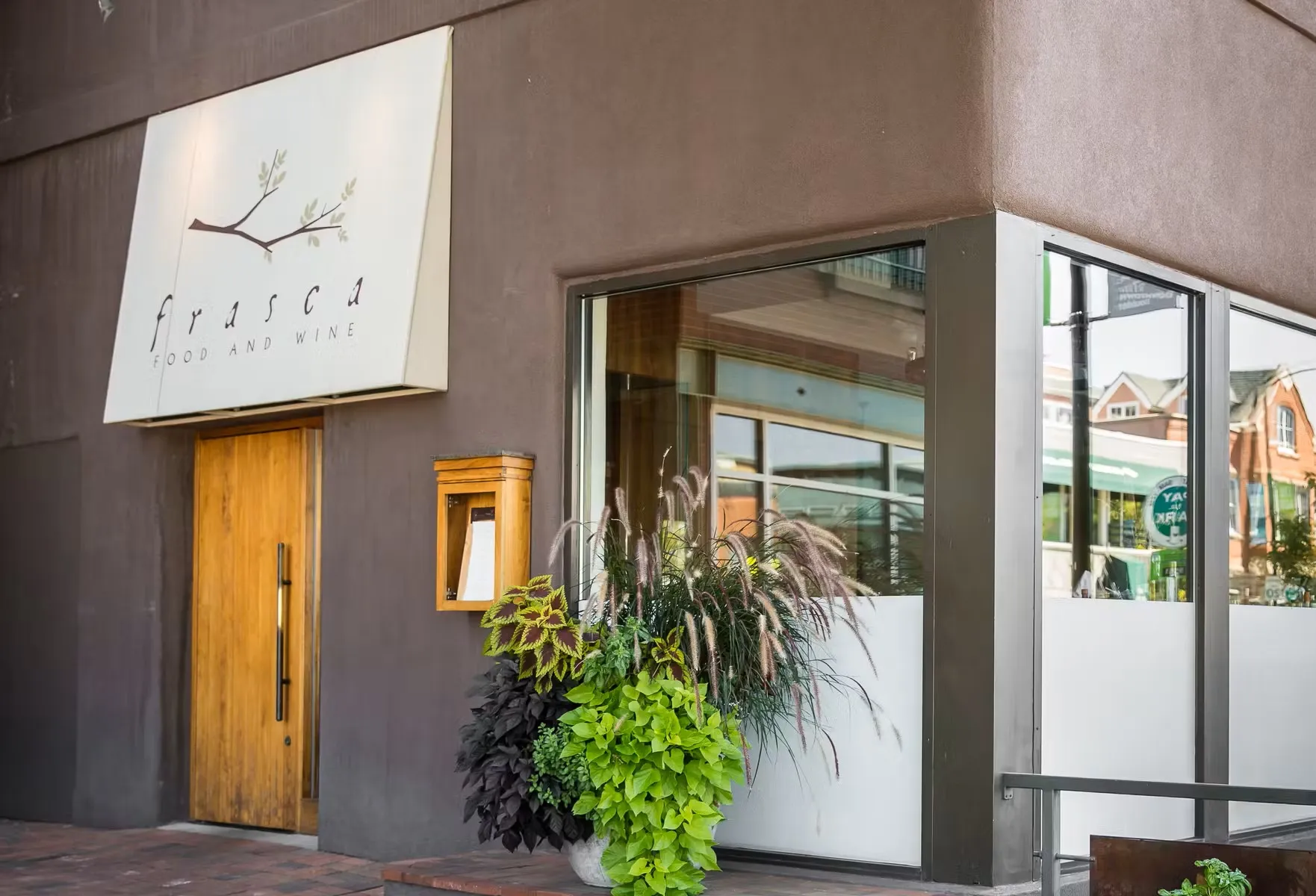Boulder Startup Week: Accelerators play leading role in vibrant ecosystem

For much of the past couple of decades, the Boulder area startup ecosystem — along with the Colorado scene more broadly — has had the reputation of being a scrappy upstart, punching above its weight alongside heavyweight regions such as Silicon Valley, Austin and Boston.
THIS ARTICLE IS FOR SUBSCRIBERS ONLY
Continue reading for less than $3 per week!
Get a month of award-winning local business news, trends and insights
Access award-winning content today!
Already have a paid subscription?
Sign in with GoogleSign in with Google





